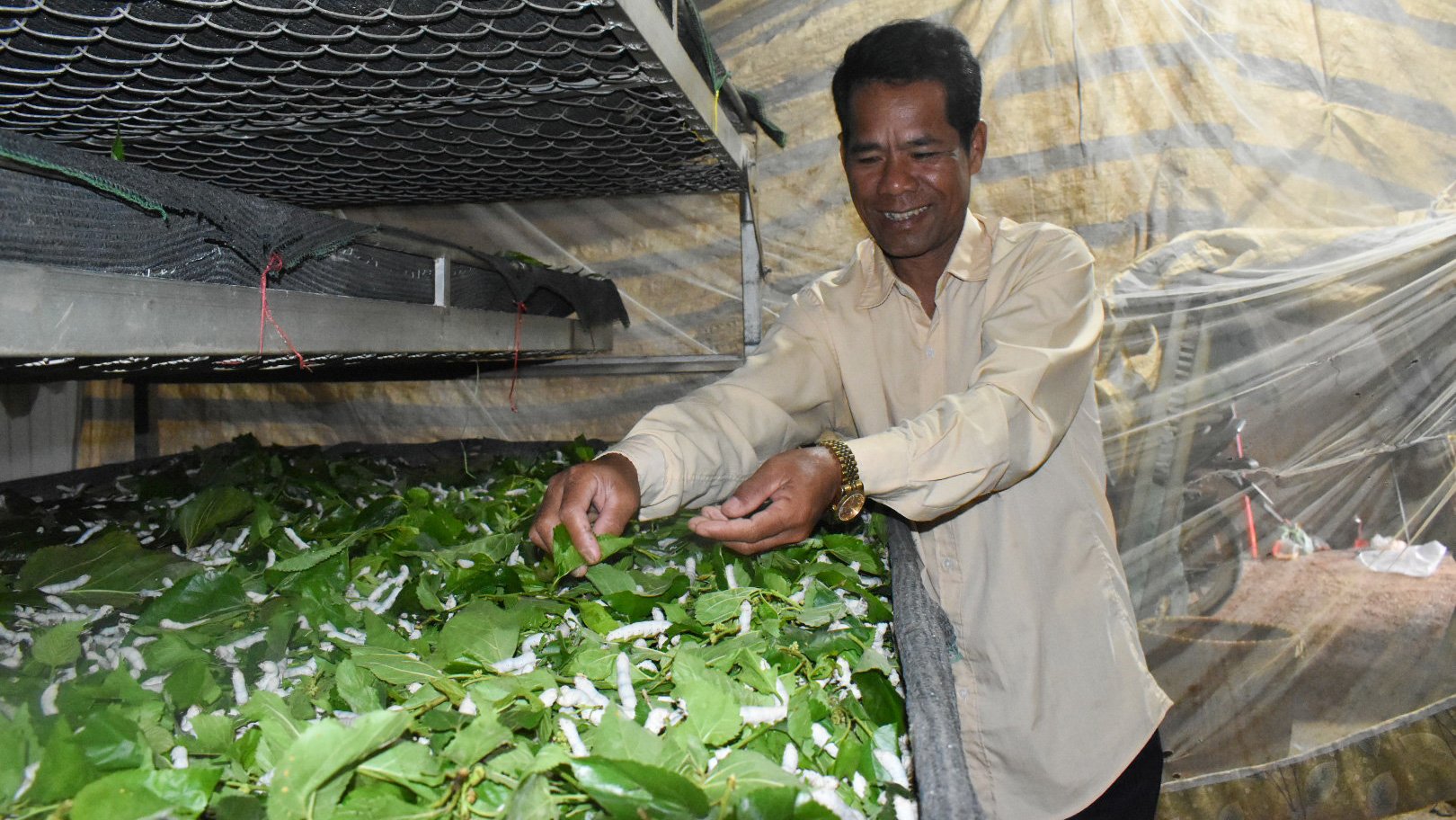 |
| Ethnic minority people increase income by growing mulberry and raising silkworms |
The implementation of investment in creating sustainable livelihoods for ethnic minorities has received special attention from the District Party Committee, People's Council and People's Committee of Dam Rong District. By focusing resources from the National Target Program on Socio -Economic Development for Ethnic Minorities and Mountainous Areas, the Sustainable Poverty Reduction Program, the New Rural Development Program, etc., projects to support production, plants, breeds, agricultural tools and machinery have been widely deployed to the grassroots level, in accordance with the actual conditions of each locality.
According to the Department of Agriculture and Environment of Dam Rong district, in the period of 2022 - 2024, the total investment capital to support livelihoods in the area reached more than 41 billion VND. Of which, the state budget supported nearly 28.3 billion VND, and the people contributed more than 13 billion VND. The capital source from the Socio-Economic Development Program for Ethnic Minorities and Mountainous Areas alone is over 7.5 billion VND, focusing on supporting mulberry planting, silkworm farming, providing agricultural tools, machinery, and production chains for poor and near-poor households. In addition, the socialized capital source from the Vietnam Fatherland Front and departments, branches and sectors is more than 4.2 billion VND, used to support durian planting, pig farming and silkworm farming tools, and production tools for more than 220 ethnic minority households.
Mr. Nguyen Van Chinh - Head of the District Department of Agriculture and Environment said: In order for people to develop a sustainable economy and effectively use their livelihoods, the Department has consulted and organized field inspections and assessed the current production status of each locality to advise the District People's Committee to issue a plan to restructure agricultural production, integrating funding sources to support livelihoods according to the advantages of each sub-region. The locality has stepped up propaganda and mobilized people to convert ineffective production areas such as single-crop rice, cashew and old coffee in Dam Ron and Da R'sal communes... to grow high-value crops such as mulberry, fruit trees, and raise livestock suitable to the conditions of each region and the farming level of the people. The district also pays special attention to training, improving knowledge and skills in planting and raising livestock, helping people master techniques and improve production efficiency. In 2023 and 2024 alone, the District Department of Agriculture and Environment has implemented 7 community projects with a total capital of more than 3.2 billion VND, supporting hundreds of households to access seeds, materials, and training in production techniques.
Thanks to the effective implementation of these policies, the locality has increasingly seen many highly effective livelihood models. Notable models include fruit tree planting intercropped with coffee, which increases income 3-4 times compared to pure coffee cultivation; converting ineffective land to mulberry cultivation for 5-7 times higher income; producing high-yield wet rice and tea, etc. Cold-water fish farming models are also helping many households have a stable source of income, gradually escaping poverty sustainably. In particular, mulberry and silkworm farming models have contributed to improving income and quality of life for many ethnic minority households in disadvantaged communes. From 2022 to present, the district has supported the planting of 135 hectares of new mulberry and provided more than 290 sets of silkworm farming tools to nearly 300 households. The price of silkworm cocoons is currently stable at 190,000 - 220,000 VND/kg. “In particular, the establishment of Duy Phuong Silk Nursery Factory (Da Rsal commune) with a processing capacity of over 2 tons of cocoons/day has solved the problem of guaranteed output, creating more motivation for people to boldly change the crop structure,” said Mr. Chinh.
Mr. Cil Ha Noen - Chairman of the Vietnam Fatherland Front Committee of Da M'rong commune, said: "Thanks to the support of silkworm farming tools, plants and seeds, people have boldly converted ineffective corn growing areas to mulberry growing and silkworm raising. Families growing mulberry and raising silkworms have clearly improved their lives, this is a positive sign in the commune's poverty reduction work".
Mr. K'Tung, Bob Le village, Phi Lieng commune, one of the households that has risen up thanks to livelihood support, shared: "In 2023, I was supported with a set of silkworm raising tools and funds to repair the barn. Now, thanks to two acres of mulberry and a part-time job, my family's income is now stable, and I no longer have to worry about poverty like before."
Efforts to create sustainable livelihoods have brought about many remarkable changes in the locality. The rate of poor and near-poor households according to the multidimensional poverty standard in the area has decreased significantly; to date, the poverty rate of the whole district is 6.9% (down 7.9% compared to the end of 2021), of which the poor households of ethnic minorities are 11.73% (down 12.26% compared to the end of 2021). In particular, many households have not only escaped poverty but also become rich, and their quality of life has been increasingly improved.
This positive result not only shows the right direction in sustainable poverty reduction in the locality but also affirms the key role of promoting the internal strength of ethnic minority people from economic development. Thanks to the synchronous participation of the entire political system, the initiative and consensus of the people, especially the effectiveness of appropriate livelihood models, Dam Rong is gradually asserting itself on the journey to escape poverty, develop comprehensively and sustainably.
Source: https://baolamdong.vn/kinh-te/202506/tao-sinh-ke-ben-vung-de-phat-trien-vung-dtts-1ed1ff9/






















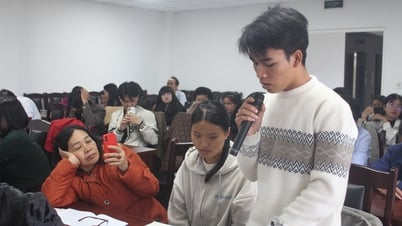
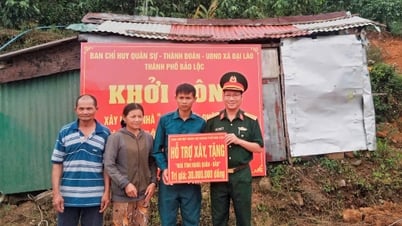

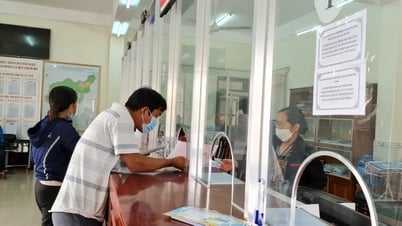

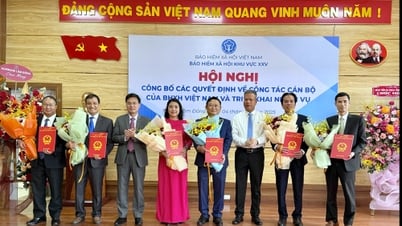

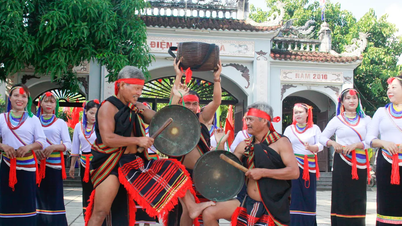

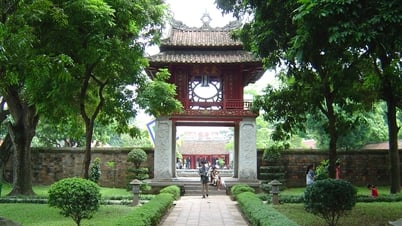

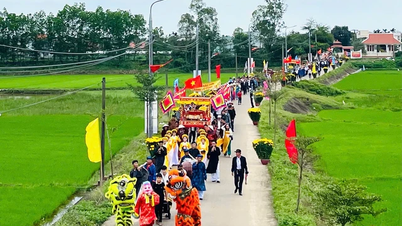





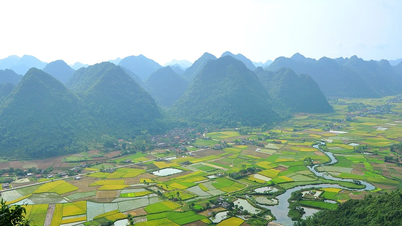



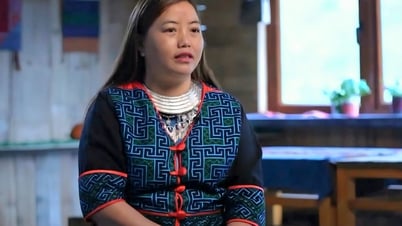

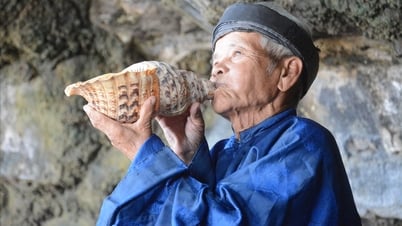







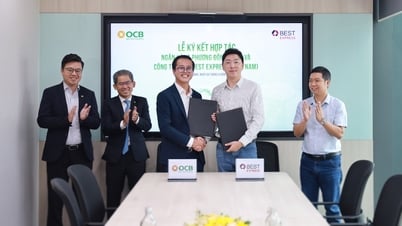





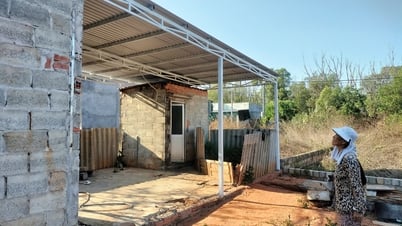
















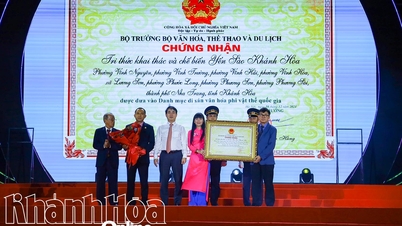

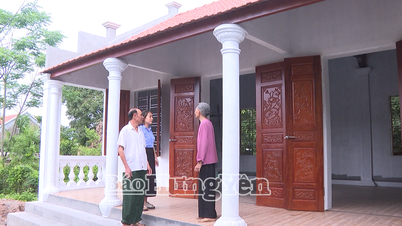



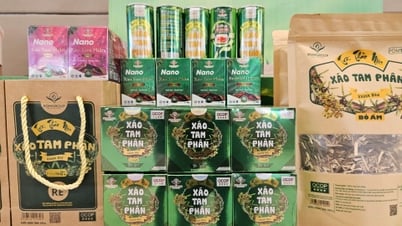

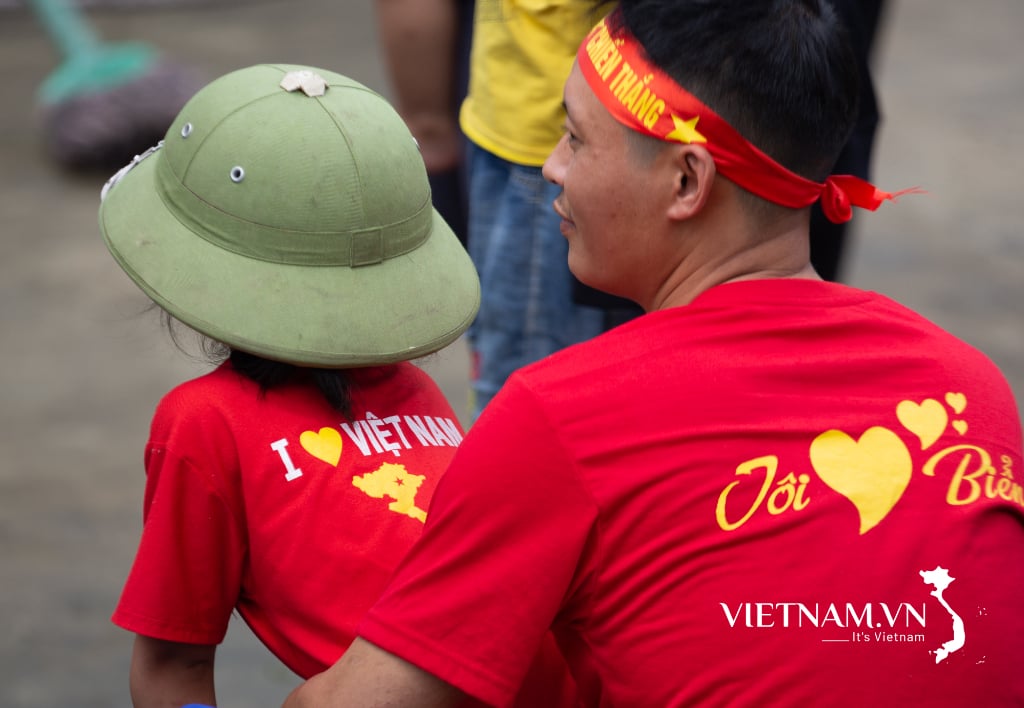
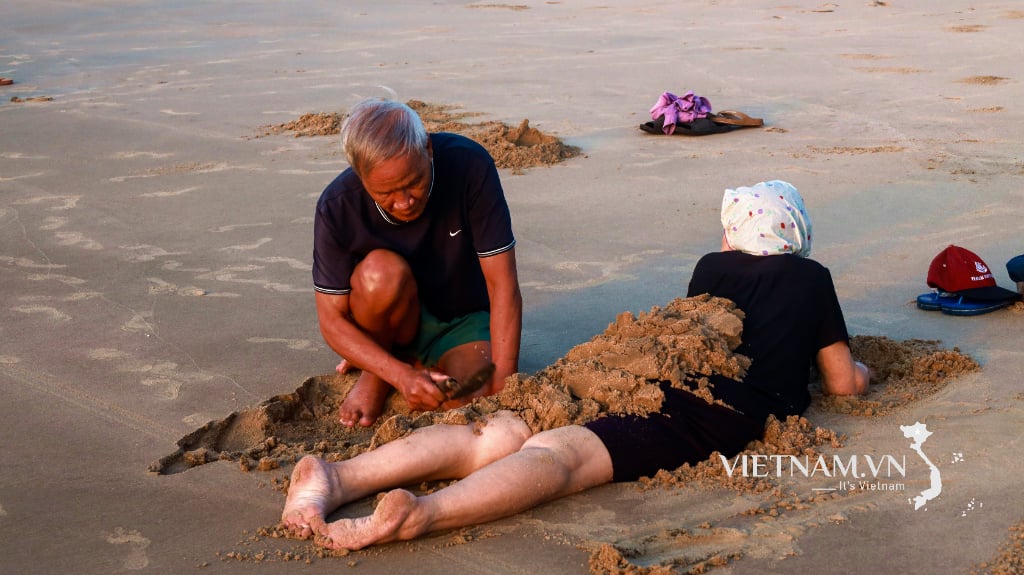
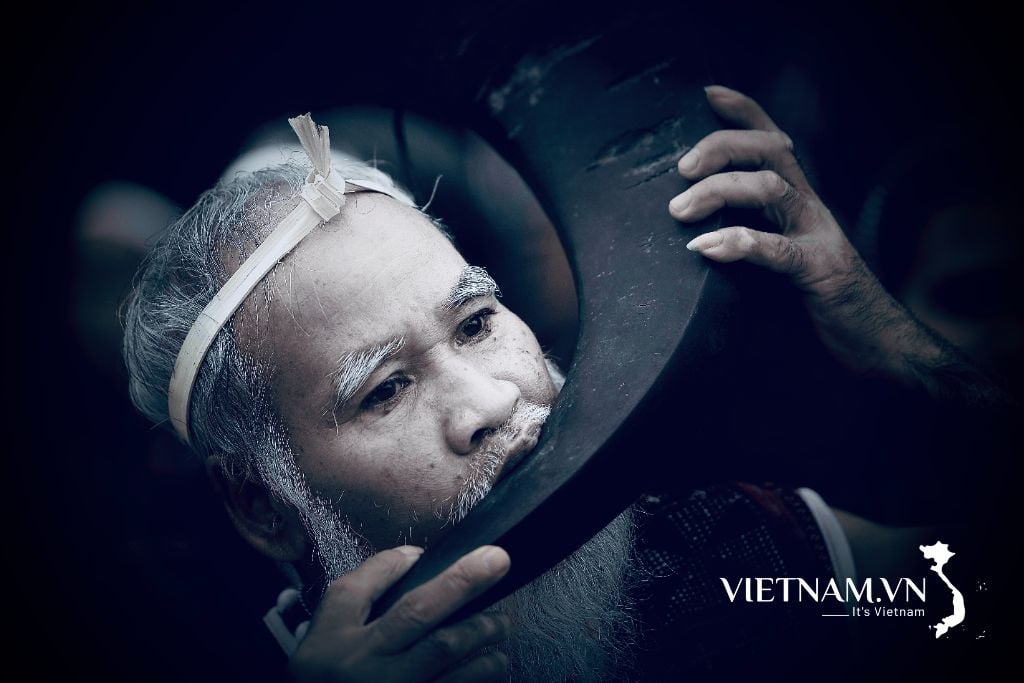
Comment (0)